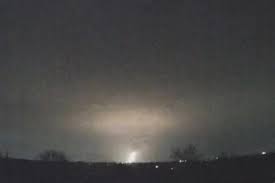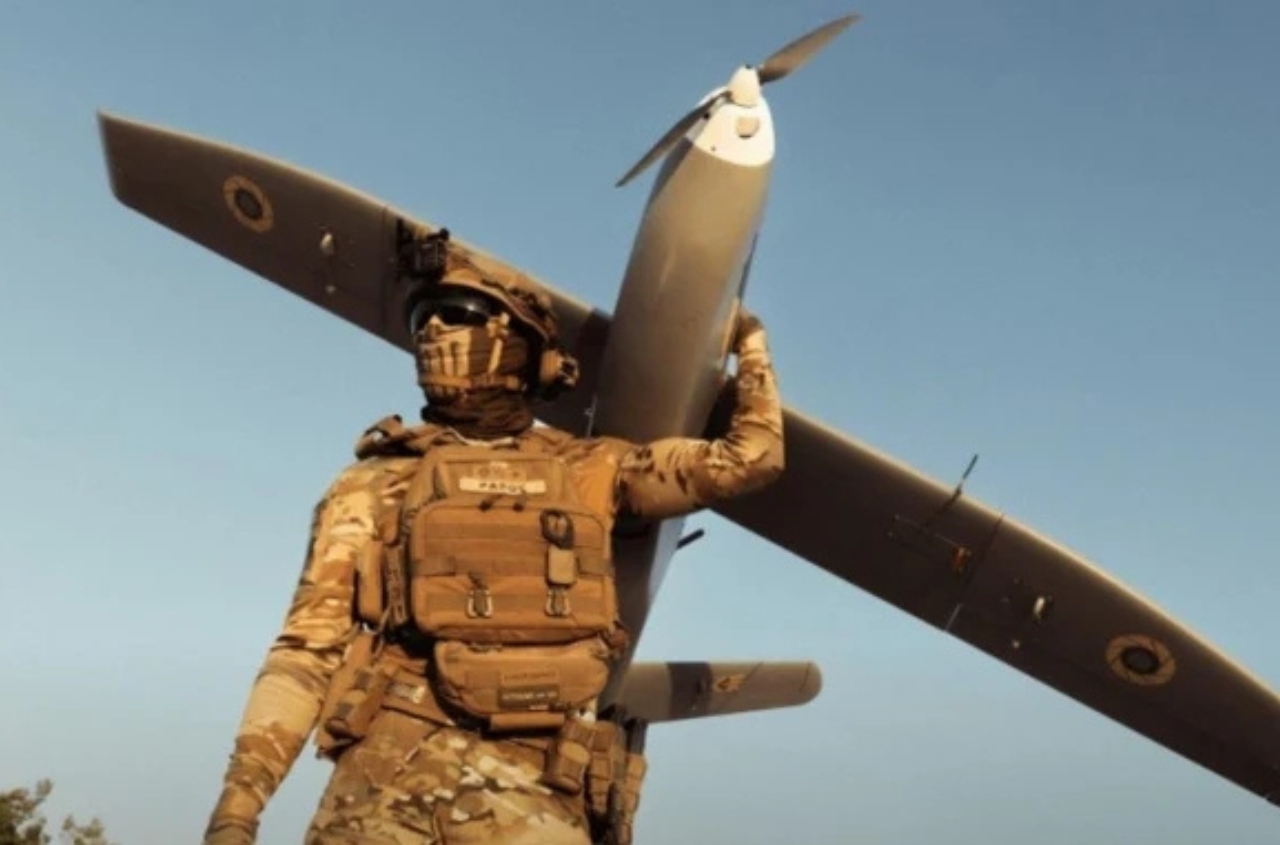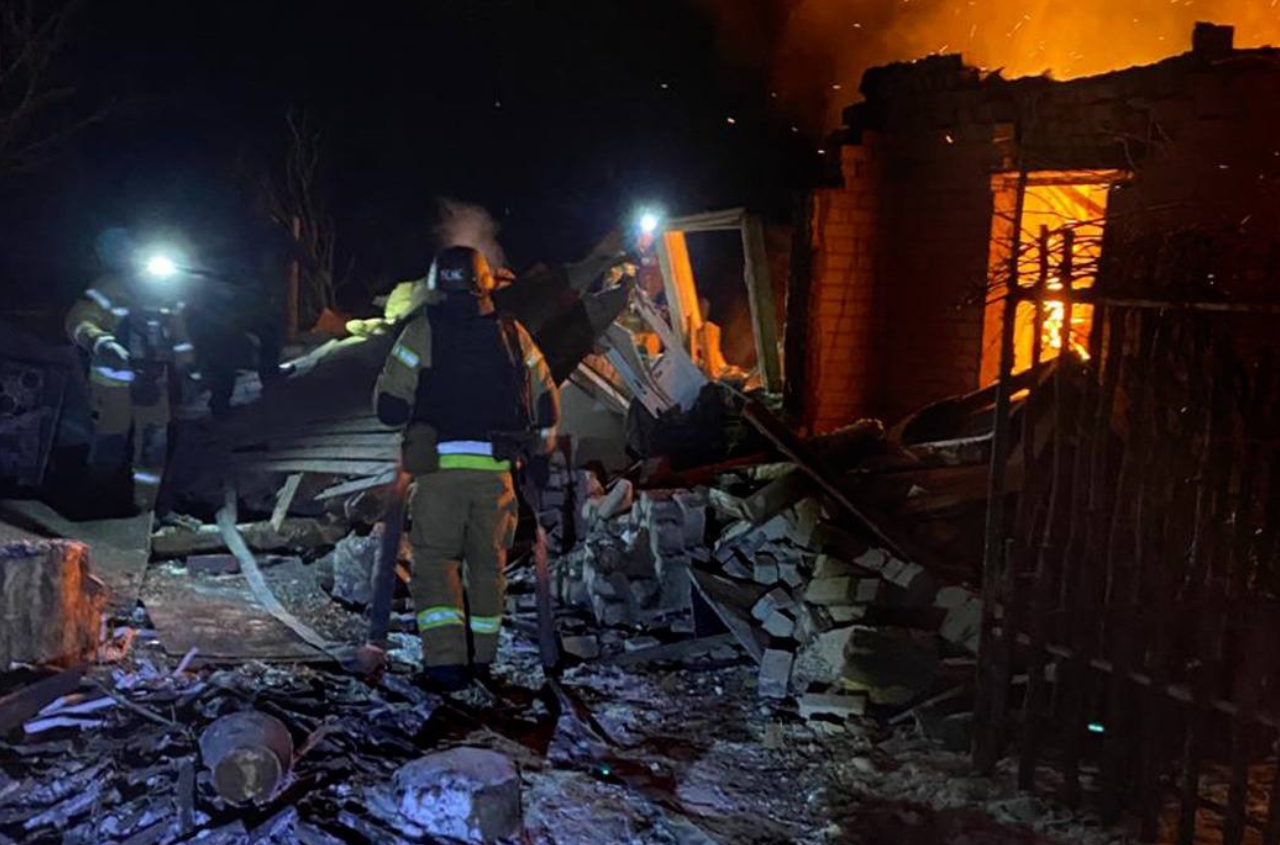Putin explicitly threatened that Russia may attack Western countries that support Ukrainian deep strikes in Russia and rhetorically connected the November 21 ballistic missile strike to Russian nuclear capabilities — a marked intensification of an existing Russian information operation that aims to use explicit threats and nuclear saber-rattling to discourage continued Western military support for Ukraine.
Putin gave an address on the evening of November 21 claiming that Russian forces conducted a combined missile strike against Dnipro City, including with a new "Oreshnik" non-nuclear ballistic missile (which is reportedly an experimental variant of the RS-26 missile), framing the strike as a direct response to recent Ukrainian ATACMS and Storm Shadow strikes against military objects in Russia and alleged "aggressive actions" of NATO states against Russia.
Putin threatened to strike the military facilities of Western countries that allow Ukraine to conduct strikes into Russia. Putin's November 21 rhetoric is consistent with prior official Kremlin statements defining “red lines” that the Kremlin has attempted to use to deter Western states from supporting Ukraine.
Putin’s November 21 statement demonstrates that Moscow’s constant saber-rattling largely remains rhetorical. Putin's recent threats against the West have centered on Western states allowing Ukraine to conduct long-range strikes into “Russian territory,” but Ukrainian forces have been striking what the Kremlin illegally defines as “Russian territory” for a long time. The Kremlin has illegally defined occupied Crimea as part of Russia since Russia's illegal annexation of Crimea in 2014, and Ukrainian forces have routinely struck Crimea with US-provided ATACMS and UK-provided Storm Shadow missiles since April 2023.
The Kremlin's application of its "red lines" rhetoric has been wildly inconsistent, undermining the overall Russian escalation narrative. Putin consistently escalates the war on his own without regard to Western decisions and has consistently declined to retaliate every time Western states have deepened their support of Ukraine. Putin previously threatened severe retaliation if Western states provided Ukraine with rocket artillery, tanks, warplanes, and the ability to strike into Russia, and Putin has constantly shifted the goalposts every time the West has called Putin’s bluff.
Neither the Oreshnik ballistic missile strike nor Putin's November 21 statement represent a significant inflection in Russian strike capabilities or likeliness to use a nuclear weapon. Russian forces fire nuclear-capable Iskander ballistic missiles, Kinzhal hypersonic ballistic missiles, and nuclear-capable Kh-101 cruise missiles against Ukraine on a regular basis. Previous Russian missile strikes have targeted industrial and critical infrastructure including within Dnipro City that caused greater damage.
The only fundamentally new characteristic of the Russian strikes against Dnipro City on November 21 was the Oreshnik missile itself, which ostentatiously showcased reentry vehicles to amplify the spectacle of the strike and further imply a nuclear threat. The West maintains credible deterrence options and Putin's nuclear saber-rattling should not constrain Western officials from choosing to further aid Ukraine. US Central Intelligence Agency (CIA) Director Bill Burns cautioned Western policymakers against fearing Putin's nuclear rhetoric in September 2024, describing Putin as a "bully" who will "continue to saber rattle from time to time."





















